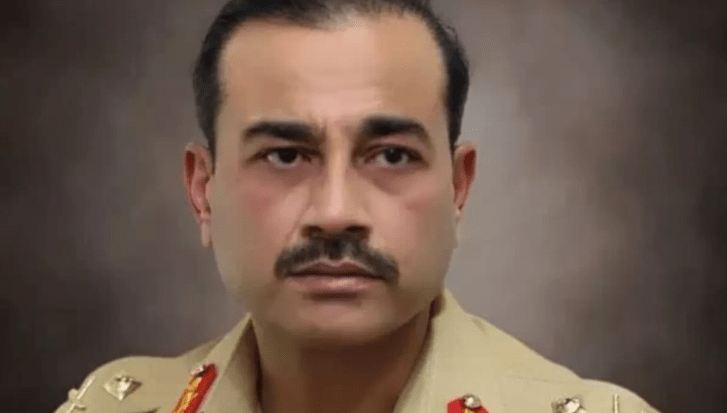In light of an increase in attacks, Pakistan’s Army Chief General Asim Munir cautions the Afghan Taliban against harboring militants.

The army leader, Gen. Asim Munir, made the strong statements after two insurgent strikes this week that left 12 Pakistani troops dead in the nation’s bordering Afghanistan southeastern Baluchistan region.
On Friday, Pakistan’s military leader warned the Afghan Taliban that failure to cease harboring terrorists who plan cross-border operations from Afghanistan will result in a “effective response” by his troops.
The army leader, Gen. Asim Munir, made the strong statements after two insurgent strikes this week that left 12 Pakistani troops dead in the nation’s bordering Afghanistan southeastern Baluchistan region.
Munir paid respect to the deceased troops during a military gathering held on Friday in Quetta, the capital of Baluchistan. During the strikes on Wednesday, seven terrorists were also killed by forces retaliating with fire.
Both the radical Islamic State organization and the Pakistani Taliban, a distinct terrorist organization that also collaborates with the Afghan Taliban, are present in Baluchistan.
However, one of the strikes on Wednesday was claimed by the recently established terrorist organization Tehreek-e-Jihad Pakistan. In the Zhob area, the assault claimed the lives of nine troops. The perpetrators of the second incident, which killed three troops in the Sui area, remain unknown.
The comments made by the Pakistani general were not immediately addressed by the Taliban-led administration in Kabul.
According to a report by Munir, the Pakistani military is very worried about the “safe havens and liberty of action” the Pakistani Taliban have in Afghanistan. He said that he expects the Afghan Taliban will uphold their end of a 2020 deal with Washington prohibiting any terror organization from utilizing Afghan territory for strikes.
These “intolerable attacks would draw an effective response,” he warned, if they don’t.
Local Baluch separatist rebels have a significant presence in the gas-rich Baluchistan, in addition to the Pakistani Taliban and IS fighters. Nationalists have been conducting a low-level insurgency in the province for the last twenty years. They began an uprising for independence after first demanding a larger portion of the provincial resources.
The majority of the assaults on Pakistani military and police in the province have been blamed on the Pakistani Taliban, also known as the Tehreek-e-Taliban Pakistan or TTP, and the Baluch separatists.
Since the Afghan Taliban took over the country’s government in August 2021, when U.S. and NATO soldiers were nearing the end of their 20-year wartime presence there, the TTP has become more confident.






